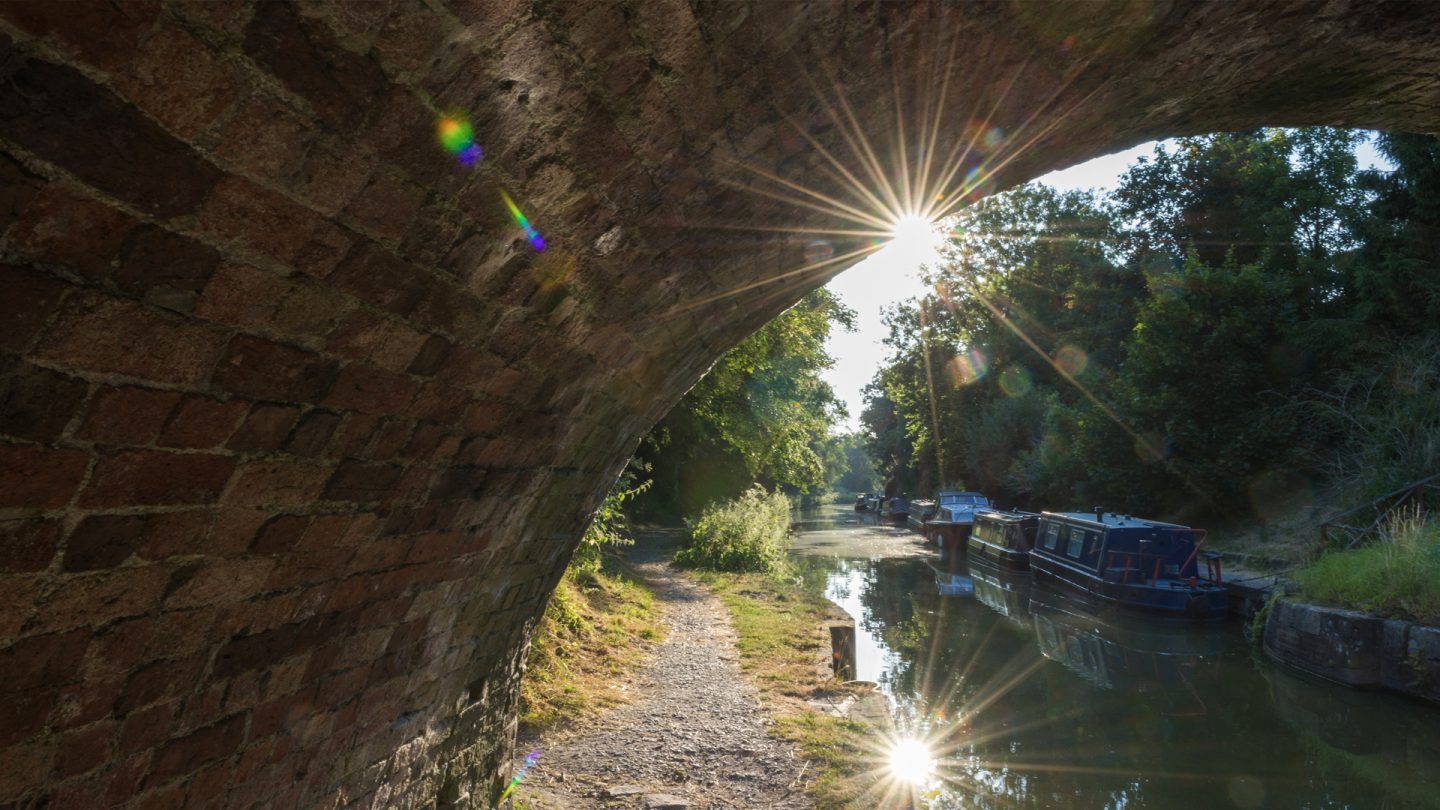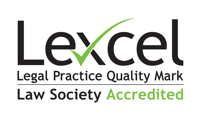
Specialist Lawyers for Assault Charges
Put your trust in Clifford Johnston & Co.
- Expert Defence for ABH & GBH
- Law Society Criminal Litigation Accreditation
- We Defend with Discretion & Confidence
- Contact us Today for Specialist Advice
Lawyers for Assault Charges – Solicitors for ABH & GBH Offences
Actual Bodily Harm (ABH) and Grievous Bodily Harm (GBH) are often referred to as “offences against the person” as they fall under the remit of the Offences Against The Person Act 1861. If you are under investigation or facing prosecution for ABH or GBH, it is vital that you seek legal assistance as early as possible from a solicitor specialising in violent crimes. Our Lawyers for Assault Charges may be able to help.
Being convicted of an offence against the person can have a long-lasting impact on your life. At the very least, you may be fined and/or ordered to carry out community service and will have a criminal record that can affect your chances of future employment. At the most serious end of the scale, a section 18 GBH conviction could lead to a sentence of life imprisonment.
We are here to help you at every stage, from your initial arrest and police interview, to court proceedings. ABH and GBH offences are rarely open-and-shut cases. We can help build a strong defence and challenge the evidence against you. In some cases, it may be possible to have the charges reduced or dropped altogether.
If you have been accused of committing an offence against the person and are worried about the next steps, please contact us. We are here to share our expertise and ensure the best possible outcome for you.
What is ABH?
This offence is committed when a person intentionally or recklessly assaults another, thereby causing actual bodily harm (ABH). The harm does not need to be permanent but it must be more than transient and trifling. The offence can be caused intentionally ie by intending to cause someone actual bodily harm, or recklessly.
What is GBH?
Grevious Bodily Harm (GBH) simply means ‘really serious harm’. With the exception of attempt murder, it is the most serious offence against the person. To be guilty of this offence, the harm does not need to be either dangerous or permanent. Some examples include injuries that result in permanent disability, visual disfigurement, loss of sensory function, broken bones, or injuries that cause the victim to lose a substantial amount of blood, which necessitates a transfusion. In addition, GBH also covers the intentional transmission of a biological disease such as HIV or hepatitis and psychological injuries such as post-traumatic stress disorder (PTSD).
There are two offences of GBH:
Section 18 GBH – Causing grievous bodily harm with intent to cause really serous harm. The most important factor for this offence is the offenders intention. The police and Crown may attempt to prove ‘intention’ in a variety of ways, for example:
- use of a particular weapon
- severity or duration of the assault
- if the person made prior threats or had planned a serious assault
- if the person admitted to the police that they intended to cause really serious harm.
Section 20 GBH – Causing grievous bodily harm without the necessary intent to cause really serious harm. The difference between a section 18 and section 20 GBH is the mens rea of the offence. For a section 20 GBH, the offender must intend, or foresee, that the act might cause some harm. For secion 18 GBH, the offender must intend to cause the victim really serious harm.
Section 18 GBH is the most serious of the above offences and often results in long sentences of imprisonment.
Which court are GBH and ABH cases heard in?
ABH cases will typically be heard in either the Magistrate’s Court or the Crown Court. This ultimately depends upon the seriousness of the assault and any aggravating factors.
Although an offence contrary to section 20 GBH can be heard either in the Crown Court or the Magistrate’s Court, it usually heard in the Crown Court. Section 18 GBH offences are known as indictable only offences which mean that they can only be heard in the Crown Court.
What defence is there against ABH and GBH charges?
When building your defence case, we will gather and assess all available evidence, such as CCTV footage, medical reports, DNA evidence, forensics and witness statements. If you deny the offence, our aim is to ensure that you are acquitted of the charge. If you admit the offence, and the evidence is strong, our priority is to get you the best possible outcome. This may involve seeking to persuade the Crown to accept a plea to a lesser offence, and/or put forward strong mitigation on your behalf.
Common defences for ABH and GBH cases include:
- Self-defence – you may have used reasonable force to defend yourself, your property, or another person.
- Misadventure or accident – you may not have intended to cause an injury, and that any injury was caused by accident.
- Crime prevention – you may have used force to prevent a crime being committed, for example, apprehending an attacker to prevent a robbery and/or sexual assault from taking place.
- Duress – you may have been forced to injure another person under threat of serious injury and/or death to yourself or your loved ones.
- Lawful sport – This refers to a situation whereby an injury has occurred during a sports game.
- Mistaken identity.
Our specialist violent crime solicitors are experts in ABH and GBH offences.
What are the sentences for GBH and ABH?
The sentences imposed for ABH and GBH offences varies dramatically. When deciding on the sentence, the judge will consider the aggravating and/or mitigating factors, the severity of the injuries caused, your intention, the number of victims and previous convictions.
A conviction for ABH often results in a community based penalty and/or suspended sentence albeit a prison sentence of up to 5 years can be imposed. Aggravating factors such as racial or religious motivation may increase the sentence. Mitigating factors, such as excessive self-defence, would most likely reduce the sentence.
The sentencing for GBH will depend, primarily, on whether it is a section 20 or section 18 offence. A section 20 offence carries a sentence of up to to five years imprisonment. A section 18 offence carries a maximum sentence of life imprisonment.
Contact our Lawyers for Assault Charges today
We are proud to offer expert criminal law services, which are affordable and cost-effective. We represent clients across the UK.
By choosing to work with us, you will have an exceptional team fighting your corner.
Our Lawyers for Assault Charges have an exceptional level of knowledge and expertise in ABH and GBH cases.
Talk to Clifford Johnston & Co. today and contact out Criminal Solicitors in Manchester.

Need some professional advice?
Do you have any issues that you are worried about? Contact our professional team for a free, no-obligation informal discussion, where we can discuss your particular requirements in greater detail.















